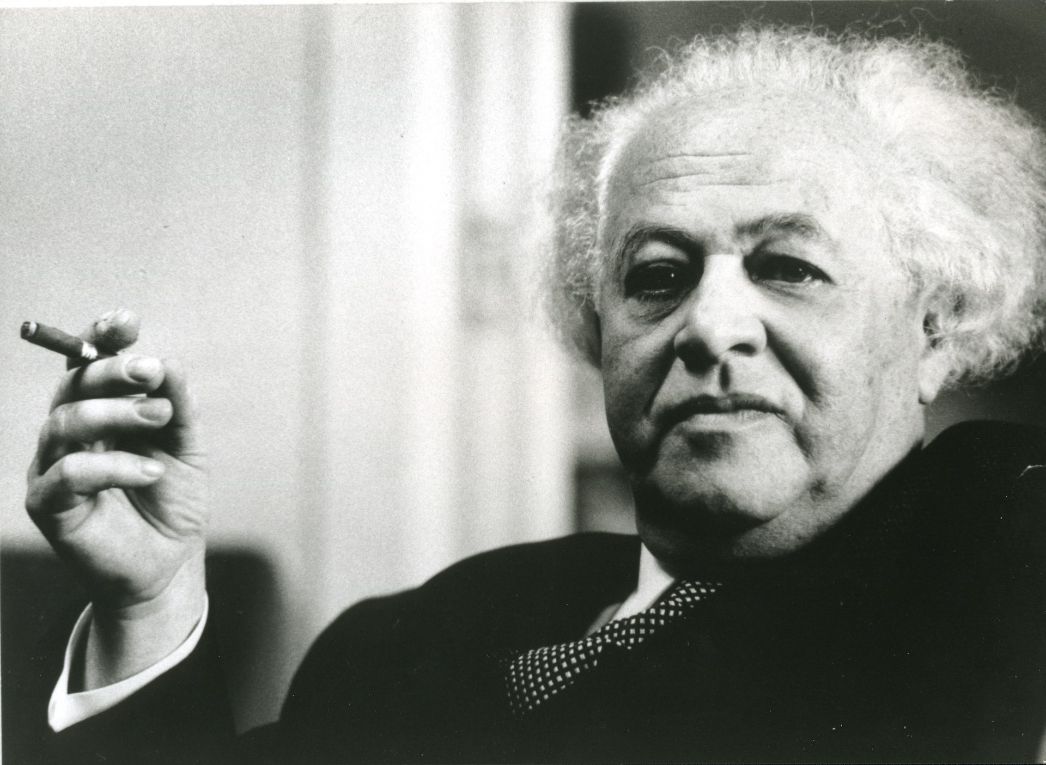
Robert Raphael Geis was born in Frankfurt a. M. on 4 July 1906. During his grammar school years he joined the socialist Jewish youth association. He began studying modern history and theology in 1925, first at the Berlin University for the Science of Judaism, and in 1926/27 at the Jewish theological seminary in Breslau. He gained his doctorate in Cologne in 1930, was certified as a rabbi in 1932, and until 1939 worked as a rabbi in Munich, Mannheim, Kurhessen and Kassel.
On 9 November 1938, Geis and the male members of the Jewish community of Kassel were deported to
In 1945 Geis learned of the death of his sister and her husband in the extermination camps. In August 1949, following stays in London and Zürich, he became the rabbi of an emigrants’ congregation in Amsterdam, and three years later state rabbi of Baden.
In July 1961 he participated in the German Protestant Church Congress; from then on until the end of his life he espoused the cause of Christian-Jewish dialogue. In 1963/64, his efforts led to the "Purim dispute", a passionate public controversy with the theologian Helmut Gollwitzer over the conditions of a renewed dialogue between Jews and Christians. In 1969 he was appointed honorary professor of Jewish studies at the university of education in Duisburg, in 1971 in the theology faculty of the University of Göttingen. In March 1970 he was awarded the Buber-Rosenzweig medal by the German coordination council of the societies for Christian-Jewish cooperation.
Robert Raphael Geis died in Baden-Baden on 18 May 1972.


